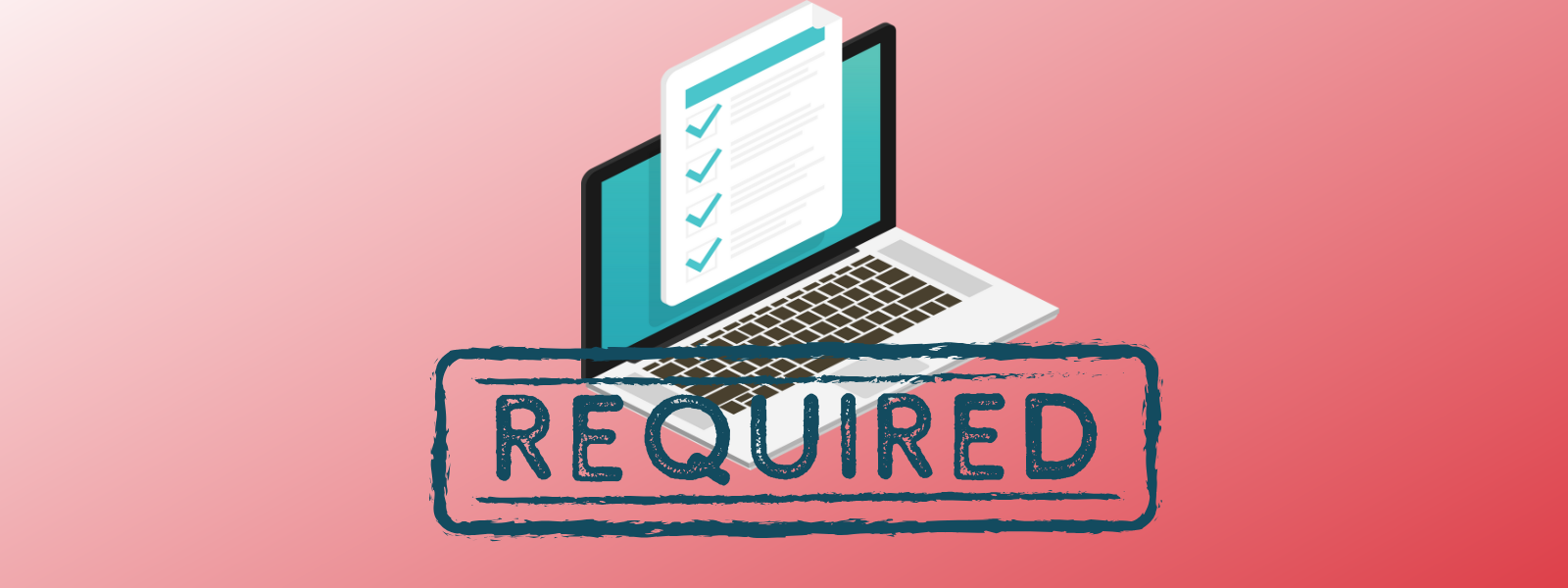Following the lead of six other members of the Ivy League, Princeton is officially abandoning test-optional admissions and returning to a policy of test-required admissions. This leaves Columbia as the lone member of the Ivy League retaining its test-optional admissions policy.
This shift in policy at Princeton has been highly anticipated. Princeton’s admissions data appeared in the study spearheaded by Harvard University’s Opportunity Insights team, which revealed that test scores were superior to high school grades at predicting how students would fare academically at Princeton and the other 11 participating institutions. Of the 12 participating institutions, only Chicago, Duke, and Columbia have not returned to test requirements, and that may change over time.
In announcing the policy change, Princeton cited its internal research, conducted over the last five years, validating the findings from the Opportunity Insights team.
“The decision to resume testing requirements follows a review of five years of data from the test-optional period, which found that academic performance at Princeton was stronger for students who chose to submit test scores than for students who did not.”
We’ve heard this repeatedly from colleges, public and private, that reinstated testing requirements: overall, students with test scores academically outperform those without. Further, test scores have proven to be much better than high school grades at predicting academic success in college (particularly first-year college GPA). That first-year performance is especially important to colleges, as it has a huge impact on retention and graduation rates. These metrics are the primary driving force behind the return to SAT and ACT requirements at selective colleges across the country.
Princeton has favored test-submitters, even while test-optional
Like many test-optional institutions, Princeton has continually admitted and enrolled more students with test scores than without. In the most recent enrolled class, 56% of Princeton students submitted SAT scores and 21% submitted ACT scores. The lane for students applying without testing was relatively small and is now disappearing altogether.
Federal signals tilt toward testing
There is no indication that Princeton’s decision was influenced by federal pressure, but it’s notable that the administration recently proposed a compact offering preferential funding to select universities that, among other criteria, would require "applicants to take the SAT or similar test.” While it’s unclear how (or whether) colleges will respond, federal signaling in favor of testing could shape future admissions decisions.
Looking ahead
Princeton is the latest highly selective university to reinstate testing requirements, and we anticipate more are likely to follow. One strong predictor: the share of enrolled students who submitted scores. Princeton’s most recent class had roughly 75% test submitters before returning to testing requirements; Penn had similar numbers and also reinstated testing. Other schools with high submitter rates—UNC (69%), Alabama (74%), Chicago (76%), Emory (63%)—could plausibly join the test-required ranks. We’ll continue to monitor developments.





.webp)


.png)
